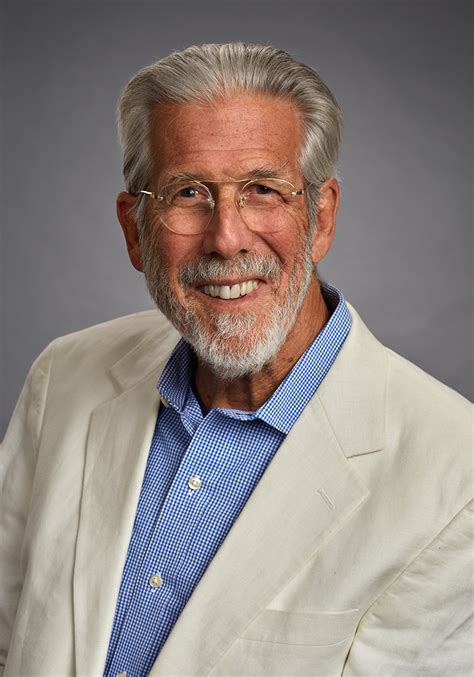A Quote by Abhijit Banerjee
When I was a graduate student, I actually took a course in development economics and I thought it was the most boring thing in the world.
Related Quotes
I started doing science when I was effectively 20, a graduate student of Salvador Luria at Indiana University. And that was - you know, it took me about two years, you know, being a graduate student with Luria deciding I wanted to find the structure of DNA; that is, DNA was going to be my objective.
I'm very proud to say I only took one course in economics in college, and it was on Saturday morning - Tuesday, Thursday and Saturday at 8 o'clock. Now I don't know what your college experience was like, but I'll tell ya, on Saturday morning at 8 o'clock, the last thing I wanted to do was go to economics class.
I started in the law; and the study of law, when it precedes the study of economics, gives you a set of foundation principles about how human beings interact. Economics is very useful, and I studied economics in graduate school. But without understanding the social and organizational context of economics, it becomes a theory without any groundwork.
The main purpose of advertising is to undermine markets. If you go to graduate school and you take a course in economics, you learn that markets are systems in which informed consumers make rational choices. That's what's so wonderful about it. But that's the last thing that the state corporate system wants. It is spending huge sums to prevent that.




































